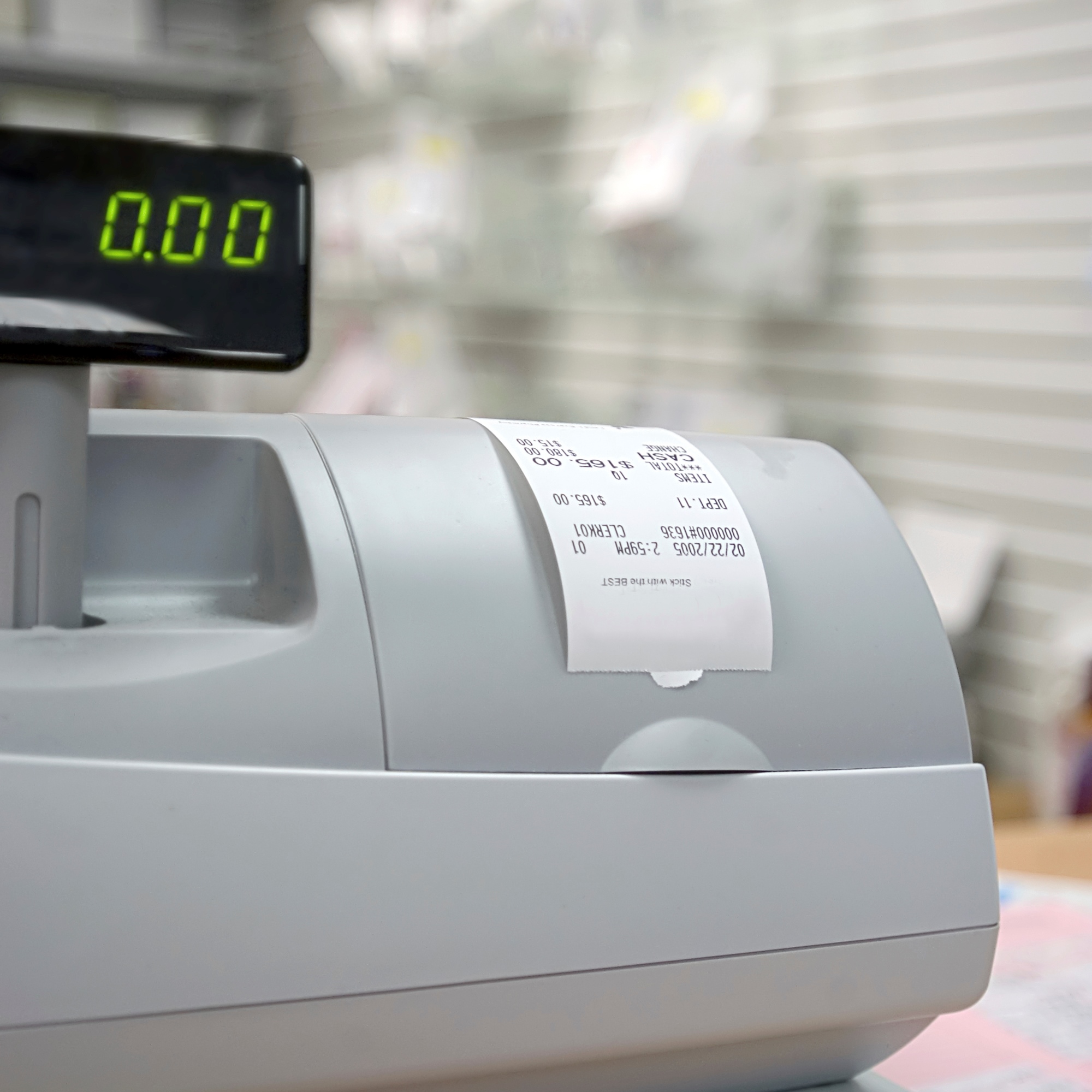Economy
Are Inflation and Consumer Spending Already Petering Out?

Published:
Last Updated:

If you grew up any time prior to recent years, you might wonder why on earth anyone ever wants inflation to come back. The reality is far more complex, and the scare of deflation was quite real up until recently. Fresh economic data from Friday, January 13, 2017 might be signaling that the recent gains made in the reflationary pressure are already peaking — or at least stalling.
Before we get into the details, note that the Federal Reserve has been conveying the message since December that it is now targeting three rate hikes in 2017. The prior belief was that rates would be hiked twice in 2017. The Federal Open Market Committee (FOMC) benchmark is to get inflation back up to 2.0%, and as high as 2.5%, and that would justify rate hikes. Inflation just hasn’t been anywhere close to 2% in years now, and it was just in the last few months of 2016 that this started approaching that 2.0% threshold that would give Fed Chair Janet Yellen and her FOMC cohorts the logical excuse to hike rates.
The Bureau of Labor Statistics (BLS) reported that the Producer Price Index (PPI) for final demand was up 0.3% on the monthly reading in December, and it was up 1.6% on the annual reading from a year ago.
Then there is the core PPI reading, which excludes food and energy. That rose 0.2% on the monthly reading and was up 1.6% on the annual basis. A core reading that also lumps in trade services saw a 0.1% gain on the monthly reading and 1.7% year over year.
What matters is what drives inflation. It may just all be energy to some of us. Food prices rose 0.7% on the monthly rate but was −1.1% on the annual rate. Energy prices rose 2.6%, after a 7.8% jump in gasoline prices, and annually energy prices were up by 5.9%.
Where things looked less aggressive was in retail sales in December. This can be skewed by autos and gasoline, and that was the case last month. The headline retail sales gain of 0.6% was a tad shy of expectations. Those numbers were less robust if you see that the gains were just 0.2% if you back out the autos and were flat at 0.0% if you back out autos and gas.
One bright spot, of course, is the e-commerce portion of the economy. The so-called nonstore retail segment saw a 1.3% gain.
If you have been following the department store pre-announcements, there is no shock about soft retail sales on that level. Department store sales were down 0.6%, and electronic and appliance stores saw a 0.5% drop in sales. Even restaurant sales were down by 0.8%, but the belief was that restaurant spending was supposed to be looking better.
Now let’s consider the huge spikes seen in consumer sentiment and consumer confidence. These spiked “bigly” after the election, and the reports even cited the post-election optimism driving massive gains to confidence levels not seen in years.
If the FOMC wants inflation to remain, maybe it should be buying oil instead of bonds. The recovery in oil and other commodities has helped inflation, but outside of that the spending growth seems limited to online and car-related expenses.
The brick-and-mortar retail level seems to still be dominated by consumers wanting deals, and that just isn’t very inflationary. Maybe they eventually will have to pay up for convenience or to actually get help by a person down the road, but bargain hunters are not usually great proponents of inflation.
There are of course some holes in this data that still leave the end result unknown. Some of that data will not fully be known until the end of January or the start of February. The first look at fourth-quarter gross domestic product (GDP) may show us more than what we can tell by retail sales and producer prices. That being said, consumer spending trends now account for roughly two-thirds of GDP. Stay tuned.
The average American spends $17,274 on debit cards a year, and it’s a HUGE mistake. First, debit cards don’t have the same fraud protections as credit cards. Once your money is gone, it’s gone. But more importantly you can actually get something back from this spending every time you swipe.
Issuers are handing out wild bonuses right now. With some you can earn up to 5% back on every purchase. That’s like getting a 5% discount on everything you buy!
Our top pick is kind of hard to imagine. Not only does it pay up to 5% back, it also includes a $200 cash back reward in the first six months, a 0% intro APR, and…. $0 annual fee. It’s quite literally free money for any one that uses a card regularly. Click here to learn more!
Flywheel Publishing has partnered with CardRatings to provide coverage of credit card products. Flywheel Publishing and CardRatings may receive a commission from card issuers.
Thank you for reading! Have some feedback for us?
Contact the 24/7 Wall St. editorial team.